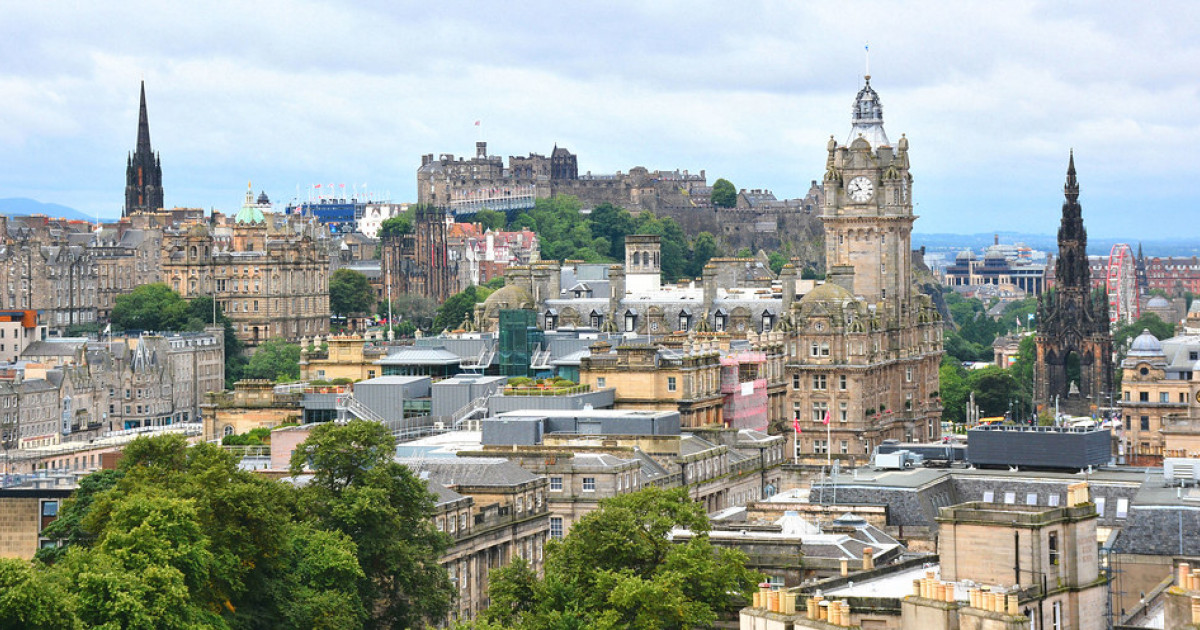Scottish Greens call for tax change to save historic buildings

Refurbishing historic buildings rather than demolishing them should be prioritised through the tax system, the Scottish Greens have argued ahead of budget negotiations later this year.
The demolition of old buildings is exempt from VAT when considered to be part of a new construction project such as the building of new homes. By comparison, refurbishment work is liable for VAT. This can have the effect of making it cheaper to demolish a historic building than to refurbish it.
A demolition levy and VAT reductions for refurbishment have both been long championed by the construction industry, with the Chartered Institute of Building publishing a paper in 2022 arguing for such a levy.
Speaking in a parliamentary debate on the Aggregates Tax, Mr Greer argued for the creation of a Demolition Levy to sit alongside the newly devolved tax, to maximise refurbishment and minimise the environmental impact of building work.
In response, Public Finance Minister Ivan McKee agreed to further discussions on incentivising refurbishment versus new builds and the specific proposals for a demolition levy.
Ross Greer MSP said:
“Far too often historic buildings which could be saved and refurbished for future use are instead being bulldozed by developers, hollowing out towns and cities simply because our tax system makes it cheaper to demolish than to preserve.
“Scotland’s centuries of beautiful architecture is something we should be proud of. We should be incentivising its restoration rather than destruction. The impact on our environment of demolition and construction of new buildings is significant and should be avoided when a perfectly usable building could simply be refurbished.
“By creating a new demolition levy power for councils, we could raise money to protect local services, save our heritage, and safeguard our environment. This is a simple change that the Scottish Government could make right now to help us build into the future in a sustainable way.”